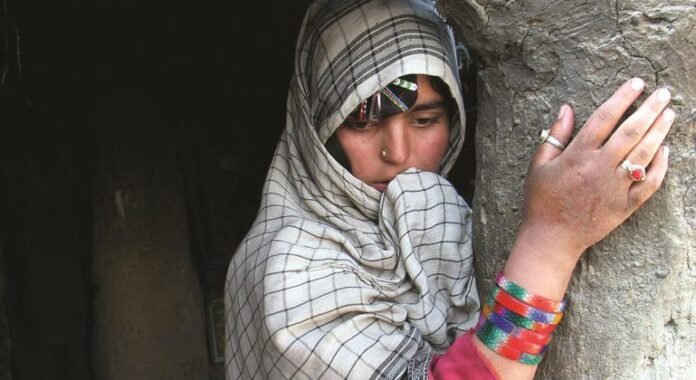In a meeting on the issue of Afghanistan in the Security Council on Wednesday, deep concern was expressed over the situation of women and human rights and the repressive measures of the Taliban.
Roza Otunbayeva, the UN Secretary General’s special representative, said the Taliban had imposed laws in the country based on a strict interpretation of Islam.
However, such policies are not paying enough attention to the needs of local people and are harming their economic potential.
Amid the humanitarian and development crisis in Afghanistan, a large segment of the population is dependent on humanitarian aid. This year, three billion dollars have been applied for, but only 30 percent has been provided.
Due to lack of relief funds, more than 200 healthcare centers have had to close this year and 171 centers are expected to close in the next few months.
Apart from this, food assistance given to needy families has also been cut. It was reduced from the required amount to first 75 percent and later 50 percent. Millions of ordinary citizens are forced to live in areas that lack safe water.
The Special Representative expressed fear that this humanitarian crisis could soon turn into a development crisis.
Afghanistan’s youth population is growing in size and the challenges of their empowerment are arising due to lack of employment in the national economy and lack of development assistance provided by international donors.
Roza Otunbayeva told Security Council member states that Afghanistan is currently being boycotted by the international community.
Strictness on women’s rights
In July, during a meeting in Doha, the capital of Qatar, UN member states and international organizations discussed the delivery of humanitarian aid to the civilian population of Afghanistan.
But, immediately after this meeting, the Taliban administration implemented the so-called Morality Monitoring Law, which imposed restrictions on women.
Seema Bachaus, executive director of UN Organization for the Empowerment of Women (UN Women), said that under this law, it is mandatory for women and girls to cover their bodies completely while going out of the house.
They are forbidden to speak in public places and are forbidden to see men other than their relatives.
Unspeakable situation
The head of the UN agency expressed outrage that women in Afghanistan fear not only these oppressive laws, but also the way they are enforced.
“It is unimaginable to live life under such conditions.”
According to Seema Bahous, restrictions on women’s education continued. Only Afghan boys attend school, studying a curriculum known only to the Taliban.
He called on the 15 member states to mobilize the political will and resources to protect women and other civilians in Afghanistan and show a renewed commitment to women’s rights.

